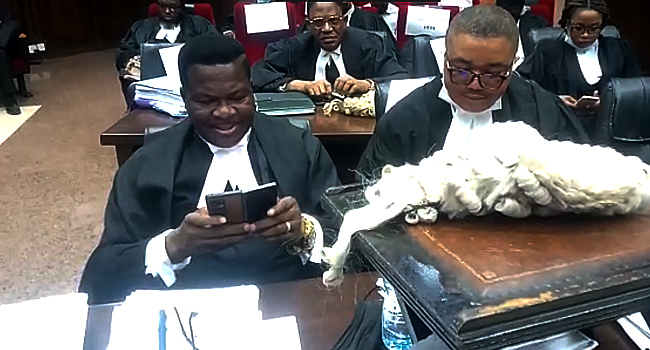An NGO, The Alliance for Africa (AFA), has urged media organisations to champion the fight against sexual harassment at the nation’s tertiary educational institutions.
The NGO made the call at a two-day capacity building training for media professionals in Abuja.
The training was designed to enhance their understanding of national and legal frameworks in addressing sexual harassment in Nigeria’s tertiary institutions.
Speaking at the event, AFA Programme Manager, Ms. Blessing Duru, stressed the urgent need to revisit and strengthen strategies to curb the rising cases of sexual harassment in higher education institutions.
She underscored the critical role of the media in combating the issue, urging journalists to leverage their expertise to connect the dots and effectively address the widespread problem.
Duru said the training aimed to equip the media professionals with a thorough understanding of state, national, regional, and international human rights frameworks relevant to tackling sexual harassment.
She said, “The media has a crucial role in raising awareness and holding institutions accountable.”
According to her, the training is intended to empower the journalists with the knowledge and tools necessary to report on and address sexual harassment in tertiary institutions effectively.
Duru also emphasised the importance of understanding what constitutes sexual harassment and the need to strengthen the educational sector to effectively address this issue as a fundamental goal.
In her presentation, Mojirayo Ogunlana, who spoke on ‘Understanding Human Rights Frameworks’, described human rights as basic rights that everyone deserves, regardless of ethnic or religious background.
She also urged the media to maintain clarity and accuracy in their reporting.
Ogunlana’s presentation focused on increasing media awareness of sexual and gender-based violence as human rights issues.
She encouraged the journalists to protect victims and show empathy while reporting on sexual harassment cases.
The presenter stressed the importance of supporting the safety of survivors, using careful language, and framing stories appropriately.
Ogunlana also called on the media to verify events before reporting and to apply the provisions of Section 39 of the Nigerian Constitution, which protects freedom of expression in their work.
The News Agency of Nigeria (NAN) reports that the training was part of a broader initiative to promote a safer and more inclusive environment in Nigerian higher education institutions.
(NAN)






